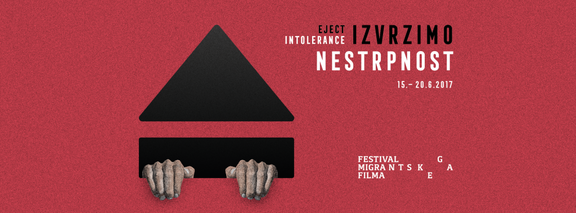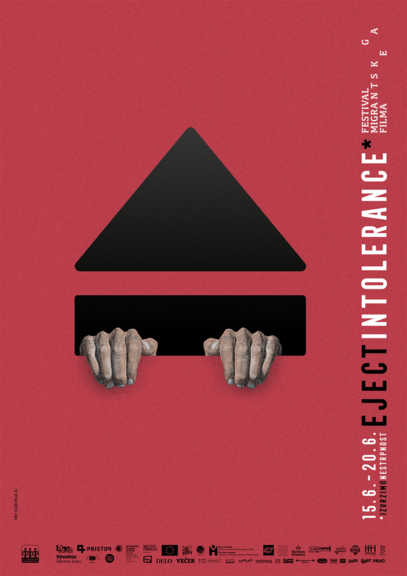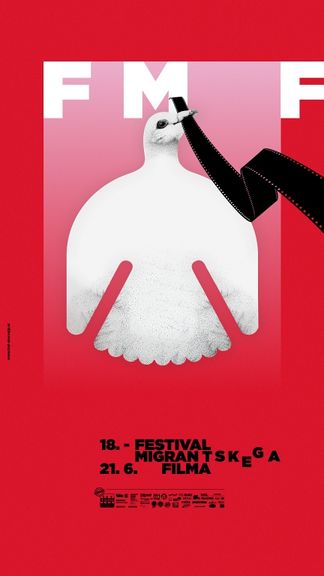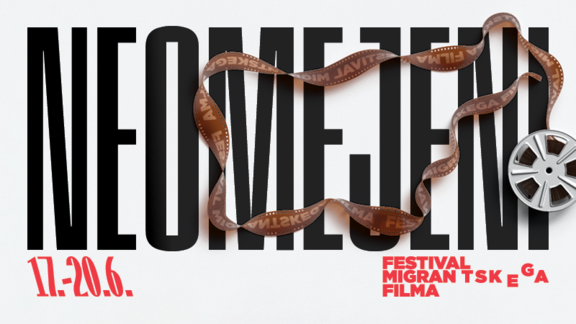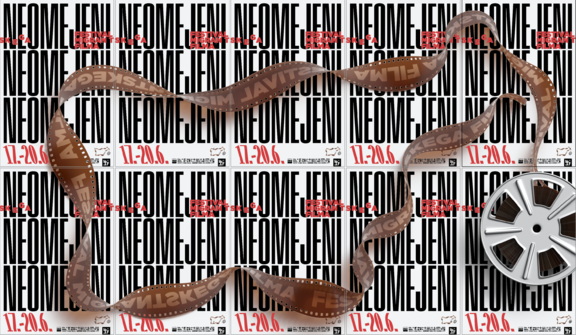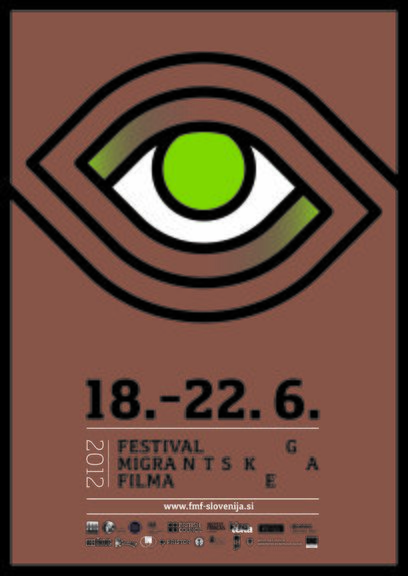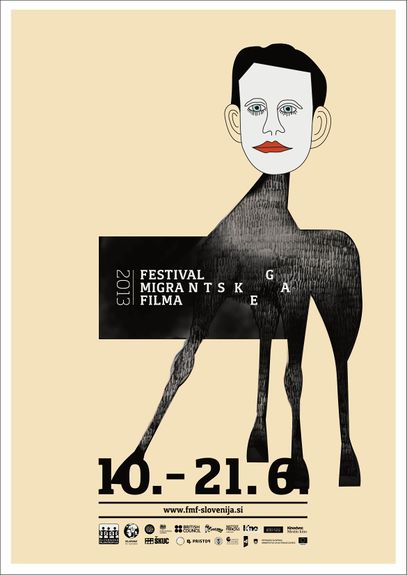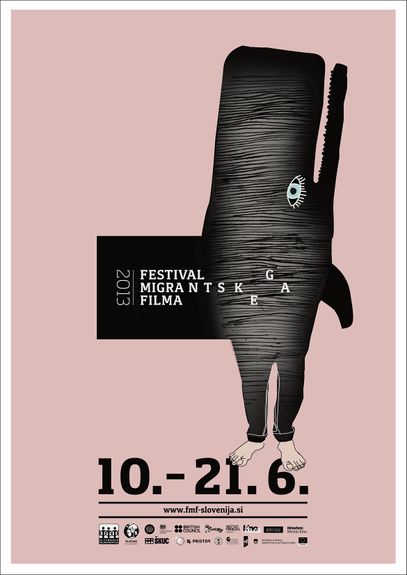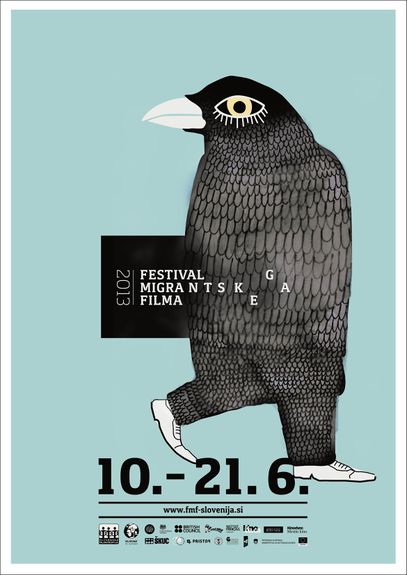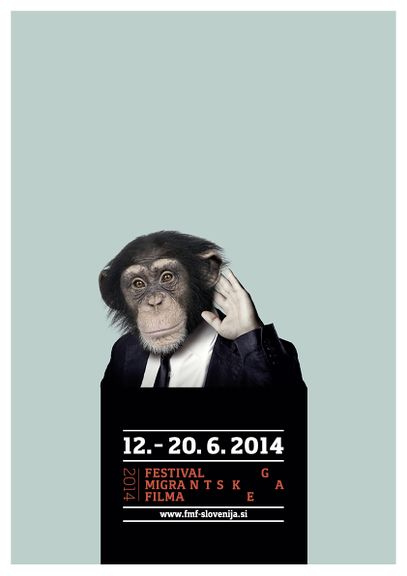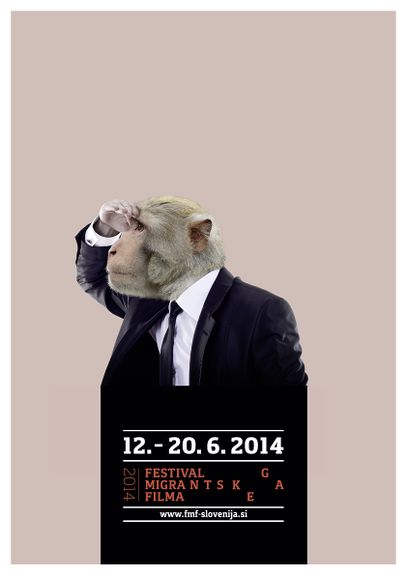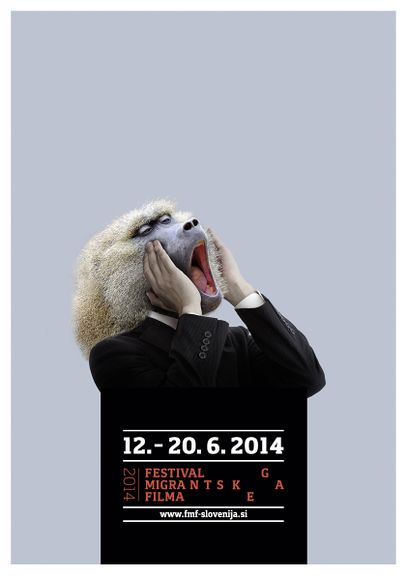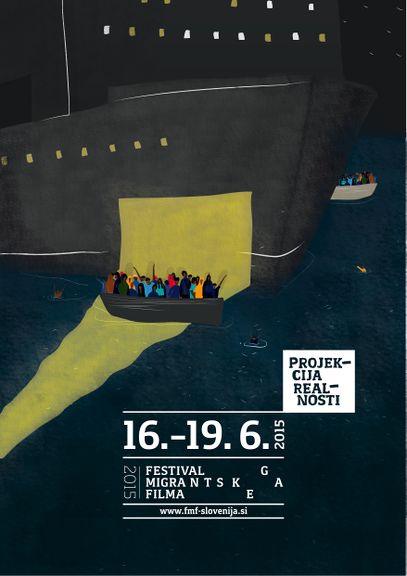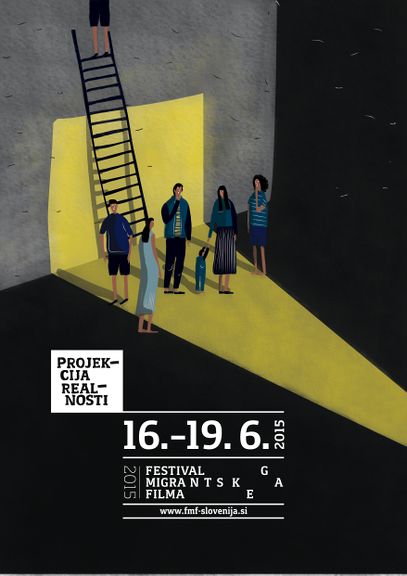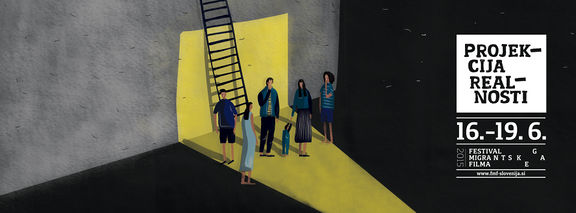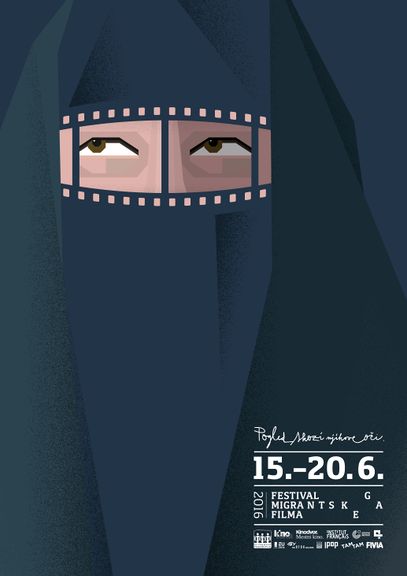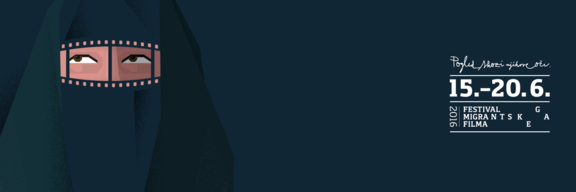Difference between revisions of "Festival of Migrant Film"
Ziga Brdnik (talk | contribs) (programme) |
Ziga Brdnik (talk | contribs) (locations) |
||
| Line 72: | Line 72: | ||
A broad collection of films of diverse genres, ranging from documentaries to animations, is divided into three sections. The first is called ''Potraits'' and includes works that present individual migrants and their life experiences. The second ''Closing borders'' screens films about the difficulties and tragedies migrants have to face on the road and about the policies that affect them. The third focuses on the '' LGBTIQA+'' minority in the ranks of migrants that is especially volnurable. | A broad collection of films of diverse genres, ranging from documentaries to animations, is divided into three sections. The first is called ''Potraits'' and includes works that present individual migrants and their life experiences. The second ''Closing borders'' screens films about the difficulties and tragedies migrants have to face on the road and about the policies that affect them. The third focuses on the '' LGBTIQA+'' minority in the ranks of migrants that is especially volnurable. | ||
| − | |||
| − | + | ==Locations== | |
| − | Accompanied by several side events with storytelling and tasting traditional cuisines, the festival also offers a glimpse of the cultural diversity of our society. | + | |
| + | The festival is organised at several different locations. In Ljubljana mainly at [[Kinodvor Cinema]] and [[Slovenian Cinematheque]], while the previous festival locations included also [[Škuc Gallery]] and [[City Museum of Ljubljana]], among others. The events and pre-events of the festival travels also to several other Slovenian cities: in Novo mesto the films are screened at the ''Museum Gardens'' of [[LokalPatriot Institute]]; in Maribor the screenings are hosted at the [[Intimate Cinema, GT22]] and the workpshops at [[MISC Infopeka - Youth Information and Counselling Centre, Pekarna]]; the films and accompanying events are also held at: [[Cerknica Culture House]], Bar Brlog in Vipava and Intergenerational Centers in Velenje, Črnomelj, Murska Sobota, Žalec, Metlika, Logatec and Ljutomer. | ||
| + | |||
| + | == Accompanying programme== | ||
| + | |||
| + | The round tables and discussions accompanying the screenings usually focus on the following central themes: economic migration and undocumented migrants, and Europe’s role in the protection of refugees fleeing from the war-torn regions. Professionals, international film-makers and activists are invited to share their insight on current migration trends, their opinions on the causes and consequences of migration, and their personal experiences related to the discussed topics. Accompanied by several side events with storytelling and tasting traditional cuisines, the festival also offers a glimpse of the cultural diversity of our society. | ||
{{wide image|Martina Kokovnik Hakl and Drago Mlakar 2016 Migrant Film Festival visual identity.png}} | {{wide image|Martina Kokovnik Hakl and Drago Mlakar 2016 Migrant Film Festival visual identity.png}} | ||
Revision as of 17:51, 1 February 2020
Programme
A broad collection of films of diverse genres, ranging from documentaries to animations, is divided into three sections. The first is called Potraits and includes works that present individual migrants and their life experiences. The second Closing borders screens films about the difficulties and tragedies migrants have to face on the road and about the policies that affect them. The third focuses on the LGBTIQA+ minority in the ranks of migrants that is especially volnurable.
Locations
The festival is organised at several different locations. In Ljubljana mainly at Kinodvor Cinema and Slovenian Cinematheque, while the previous festival locations included also Škuc Gallery and City Museum of Ljubljana, among others. The events and pre-events of the festival travels also to several other Slovenian cities: in Novo mesto the films are screened at the Museum Gardens of LokalPatriot Institute; in Maribor the screenings are hosted at the Intimate Cinema, GT22 and the workpshops at MISC Infopeka - Youth Information and Counselling Centre, Pekarna; the films and accompanying events are also held at: Cerknica Culture House, Bar Brlog in Vipava and Intergenerational Centers in Velenje, Črnomelj, Murska Sobota, Žalec, Metlika, Logatec and Ljutomer.
Accompanying programme
The round tables and discussions accompanying the screenings usually focus on the following central themes: economic migration and undocumented migrants, and Europe’s role in the protection of refugees fleeing from the war-torn regions. Professionals, international film-makers and activists are invited to share their insight on current migration trends, their opinions on the causes and consequences of migration, and their personal experiences related to the discussed topics. Accompanied by several side events with storytelling and tasting traditional cuisines, the festival also offers a glimpse of the cultural diversity of our society.
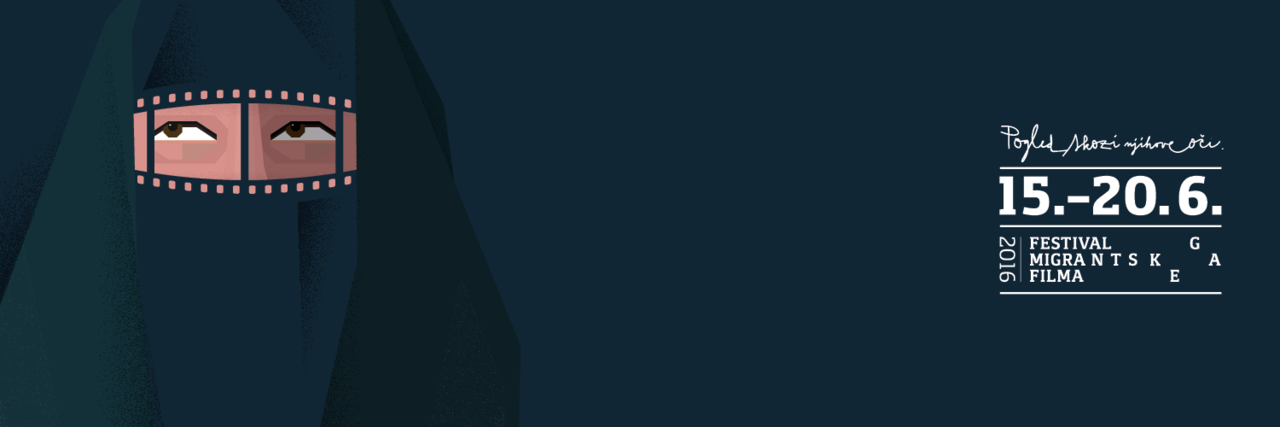 The Festival of Migrant Film visual identity, 2016
The Festival of Migrant Film visual identity, 2016




